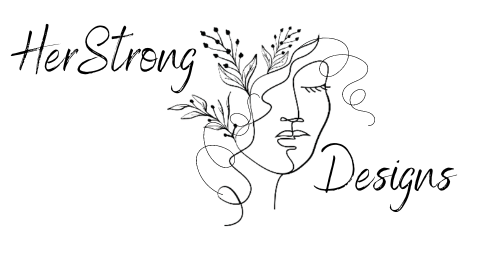Mental health stigma involves viewing mental health challenges as a personal weakness or flaw. Instead of being recognized as valid health conditions, issues like anxiety, depression, or postpartum depression are often misunderstood. Stigma can lead to shame, isolation, and a reluctance to seek help, preventing many women from getting the care they deserve.
For centuries, mental health conditions were poorly understood and often associated with weakness, immorality, or even "madness." As a result, people with mental health challenges were frequently shunned or institutionalized. These misconceptions still linger today, contributing to the stigma. But why is it particularly impactful for women?
Why Women Face Unique Mental Health Stigma
- Cultural Expectations: Women are often expected to be nurturing, strong, and capable of managing multiple roles, from career to family. Admitting to mental health struggles can feel like failing to meet these expectations.
- Motherhood Pressures: Women, particularly mothers, may feel immense pressure to "have it all together." Postpartum depression or anxiety is often dismissed or minimized as just the “baby blues,” when it’s actually a serious mental health issue that requires support and care.
- Gender Stereotypes: Women who express emotions or discuss their mental health are sometimes labeled as "overly emotional" or "dramatic," reinforcing the stigma around seeking help.
The Impact of Stigma on Women
Mental health stigma can have profound effects on women’s well-being:
- Delaying Treatment: Many women avoid seeking professional help because they fear judgment or feel ashamed. As a result, they suffer in silence, often worsening their mental health.
- Isolation: Stigma can make women feel isolated and alone in their struggles, believing no one else understands or shares their experience.
- Workplace Challenges: Stigma in professional environments can discourage women from discussing mental health needs at work, fearing they’ll be seen as weak or less capable.
How to Combat Mental Health Stigma in Women
- Open Conversations: Breaking the stigma starts with open, honest discussions about mental health. Sharing experiences helps normalize the conversation and reduce feelings of isolation.
- Educate Others: Education is crucial to breaking down misconceptions. Learning about mental health conditions, particularly how they affect women, can change attitudes and encourage compassion.
- Seek Support: Women should feel empowered to seek help from friends, family, or professionals without fear of judgment. Therapy, counseling, and support groups provide valuable resources for women facing mental health challenges.
- Challenge Stereotypes: Reject gender stereotypes that associate emotional vulnerability with weakness. Women should be allowed to express their mental health struggles without fear of being labeled negatively.
Conclusion
The stigma surrounding mental health remains a significant issue, particularly for women who face additional societal pressures. By challenging harmful stereotypes, opening up conversations, and promoting education, we can begin to break down the barriers that prevent women from seeking the help they need. Mental health is just as important as physical health, and no one should feel ashamed for prioritizing their well-being.

